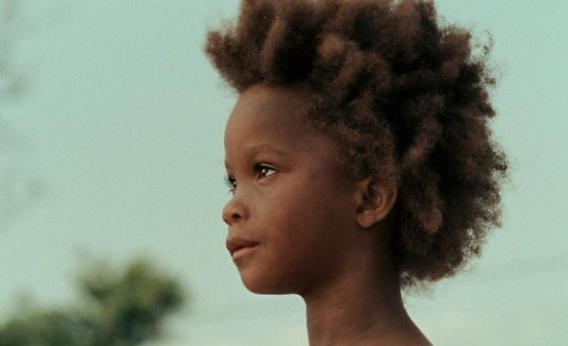If there’s one thing everyone could agree on after yesterday’s Oscar nominations, it’s that Lincoln is now the favorite to win Best Picture. Some went further, arguing that the result is now a foregone conclusion. Of the nine nominees, four did not get accompanying Best Director nominations—including presumed contenders Zero Dark Thirty, Argo, and Les Misérables, as well as dark horse Django Unchained. Since a film has seldom won a Best Picture statuette with no director nomination, it’s pretty safe to rule them out of contention.
Another, Amour, is just happy to be nominated: A well-reviewed meditation on old age by a bleak and uncompromising director, Michael Haneke, the French-language film doesn’t stand a chance. There’s also Life of Pi, of course: It got 11 nominations, just one fewer than Lincoln. But it received zero acting nominations, and got a lot of so-so reviews. There’s respect for the Ang Lee adaptation of a highly regarded recent novel—but not a ton of enthusiasm.
Silver Linings Playbook, on the other hand, got nominations in every acting category—the first movie to do so in 30 years (when Reds managed the feat). David O. Russell’s movie was well reviewed and scored additional nominations for its directing, editing, and screenplay. The appeal of Silver Linings eludes me, but there’s a chance some will begin to tout it as the alternative to Lincoln—especially since it as Harvey Weinsten on its side.
They’ll be wrong, though. Silver Linings isn’t big enough to win Best Picture—it’s essentially a comedy, and comedies almost never win. The movie with the best chance to beat Spielberg on Oscar night, and a chance that shouldn’t be sniffed at, is Beasts of the Southern Wild.
First, you have to understand that Spielberg can be beaten. Lincoln has the highest number of nominations, but that counts for less and less these days. (Hugo got 11 last year, but won only minor awards.) And the Academy actually doesn’t like Spielberg much. Considering how popular many of his movies have been, and how deliberately high-minded so much of his work is, the fact that he has but one Best Picture honor and two directing wins in nearly four decades of movie-making is pretty telling. Many assume Daniel Day-Lewis will win Best Actor, but if so, it will be a first of a sort: Spielberg, in 35 years as a top-tier director, has never—never—directed someone to an acting Oscar. In some significant way Spielberg frequently does not bring out the best in his collaborators; Tony Kushner is capable of lighter-than-air writing, but his Shakespearean cadences here are frequently leaden.
Granted, Lincoln is currently the top-grossing of the Best Picture contenders (though Les Miz and Django could each overtake it before long). Academy voters all work in the movie industry, of course, and you’d think they’d be more respectful of the films that pay their kids’ (or grandkinds’) private school tabs. But increasingly over the past decade, voters have ignored high grossing films, first in the nominations, and then in the awards.
Given these recent predilections, Beasts isn’t that unlikely of a challenger. Yes, even by recent Oscar standards, the film’s lo-fi aesthetic is extreme; it’s hard to think of a more modest production that has garnered such high-level nominations. But these days, the Academy likes low-budget critical favorites. It is among the lowest-grossing of the nominees—like The Hurt Locker. It is the little movie that could, like The Artist. Beasts isn’t romanticized, as some have argued—but it is exotic, like Slumdog Millionaire.
The argument against Beasts is that it might be a one-off. The film, a wrenching but ineffable portrait of an off-the-grid subculture in Southern Louisiana facing various cataclysms, was crafted by a band of filmmakers under unusual circumstances in Louisiana; much of the cast—including the youngest-ever nominated best actress, Quvenzhané Wallis—are local amateurs and nonactors. I take the point that it might be an accident, a fluke, an unduplicatable fantasia—and why should Oscar reward a fluke instead of those who have toiled to make art for, in some cases, many years?
Because it’s also a reminder of everything cinema can be. It is, like Life of Pi, an only-in-the-movie-theater experience. Unlike that movie, it is expansive and humanistic, not insular and gnomic. And its finale, the last act of Zero Dark Thirty aside, is as spectacular a cinematic sequence as could be had in 2012.
Which is, finally, why it could win: because it is, in fact, the best movie of the year.
